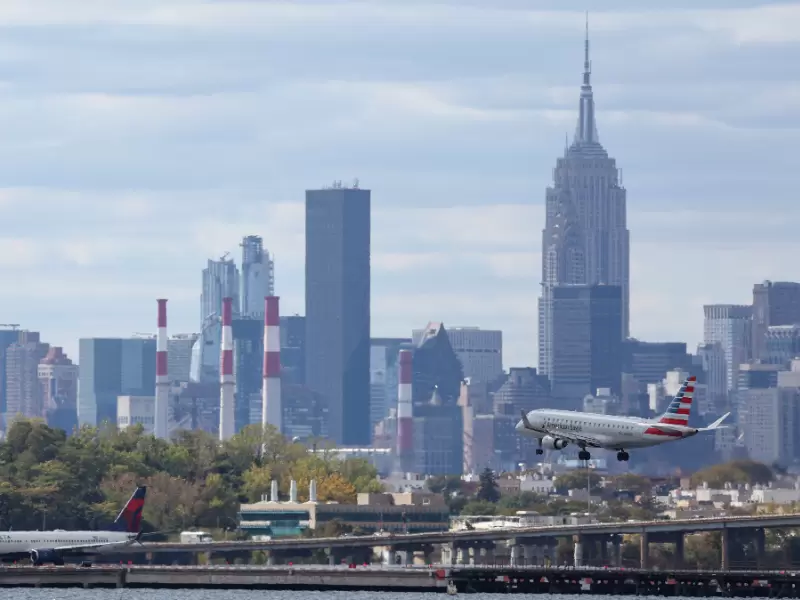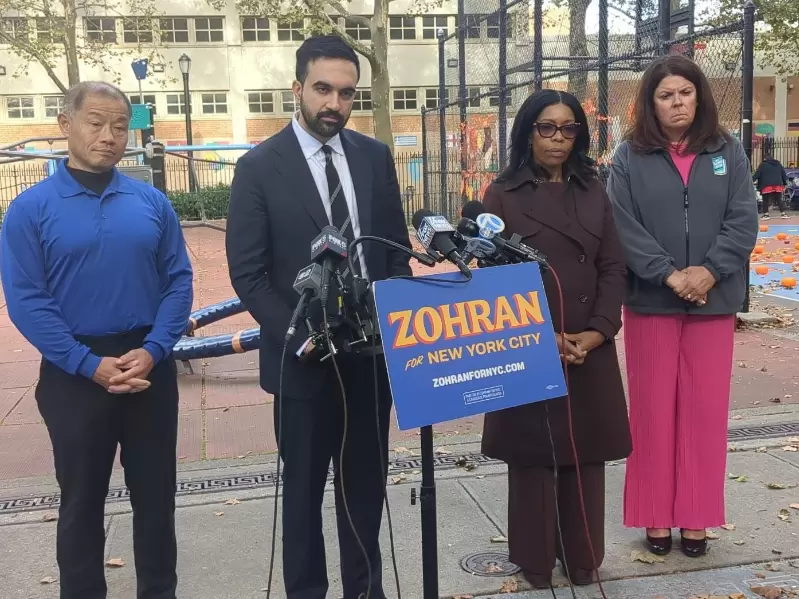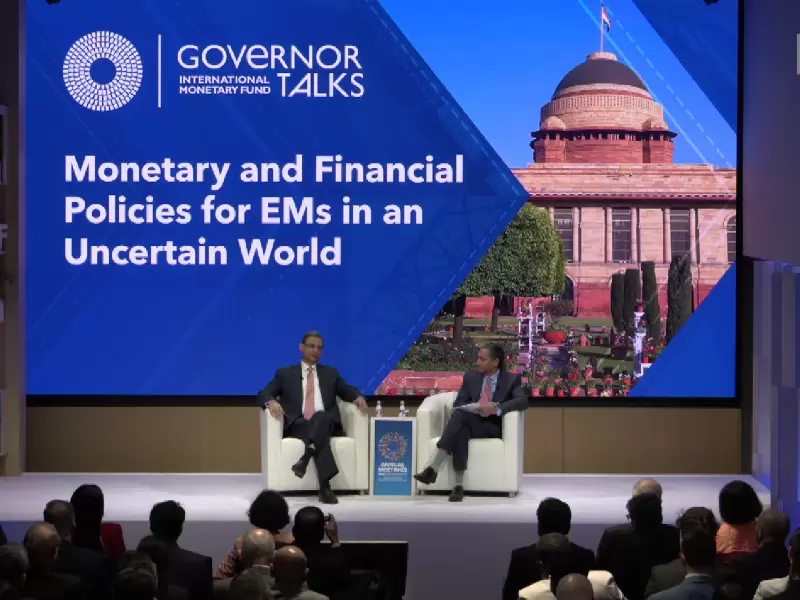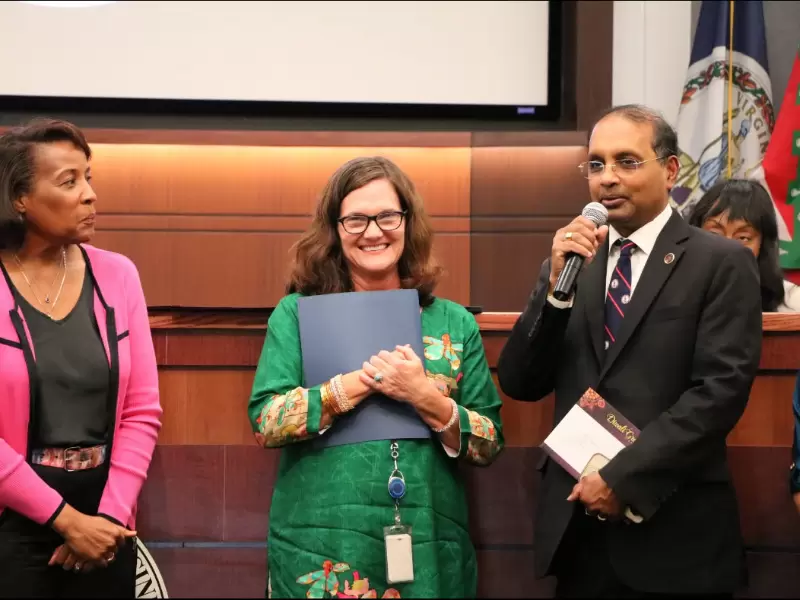UK raises English proficiency level for immigrants
From Jan. 8, 2026, the minimum English language requirement will rise from GCSE-level (B1) to A-level standard (B2) across speaking, reading, writing, and listening.
 Representative image / Unsplash
Representative image / Unsplash
Migrants seeking to work in the United Kingdom will soon be required to demonstrate a higher level of English proficiency, as part of the Labour government’s plan to tighten immigration rules.
From Jan. 8, 2026, the minimum English language requirement will rise from General Certificate of Secondary Education (GCSE)-level (B1) to A-level standard (B2) across speaking, reading, writing, and listening.
Also Read: More clashes and arrests at UK immigration protests
The change forms part of the government’s broader effort to ensure migrants “contribute to national life” through stronger communication skills.
Announcing the measure, the Home Office said the higher benchmark would help ensure that newcomers can “fully participate in national life.” Applicants will now need to pass a B2 Secure English Language Test administered by an approved provider, with results verified during the visa process.
“This country has always welcomed those who come to this country and contribute. But it is unacceptable for migrants to come here without learning our language, unable to contribute to our national life. If you come to this country, you must learn our language and play your part,” Home Secretary Shabana Mahmood told the UK Parliament.
The new rule will apply across key visa categories, including the “skilled worker” route, which already requires applicants to earn at least £41,700 (about $53,000) a year or meet the “going rate” for their occupation. The Home Office also confirmed that other visa categories, including those for dependents, will soon face similar standards.
An impact assessment projects that the change could reduce between 400 and 1,500 visa applications in 2026–27, mainly affecting skilled worker and health and care visas. However, most migrants already report strong English proficiency, with 97 percent of skilled worker visa holders saying they speak the language “fairly or very well.”
The move has drawn criticism from some immigration and business groups, who say it is largely symbolic and may have limited practical impact.
In a further tightening of immigration policy, the government also announced that the post-study work period for international graduates will be shortened from two years to 18 months starting January 2027.
Other changes include new visa requirements for travelers from Botswana, following an increase in asylum claims, and a 32 percent rise in the immigration skills charge paid by employers sponsoring foreign workers — now set at £480 (about $610) per person.
The measures mark a significant shift in the UK’s approach to migration, as the government seeks to balance economic needs with public pressure for stronger immigration control.
ADVERTISEMENT
ADVERTISEMENT
E Paper
Video



1749497506.png) Malvika Choudhary
Malvika Choudhary













Comments
Start the conversation
Become a member of New India Abroad to start commenting.
Sign Up Now
Already have an account? Login